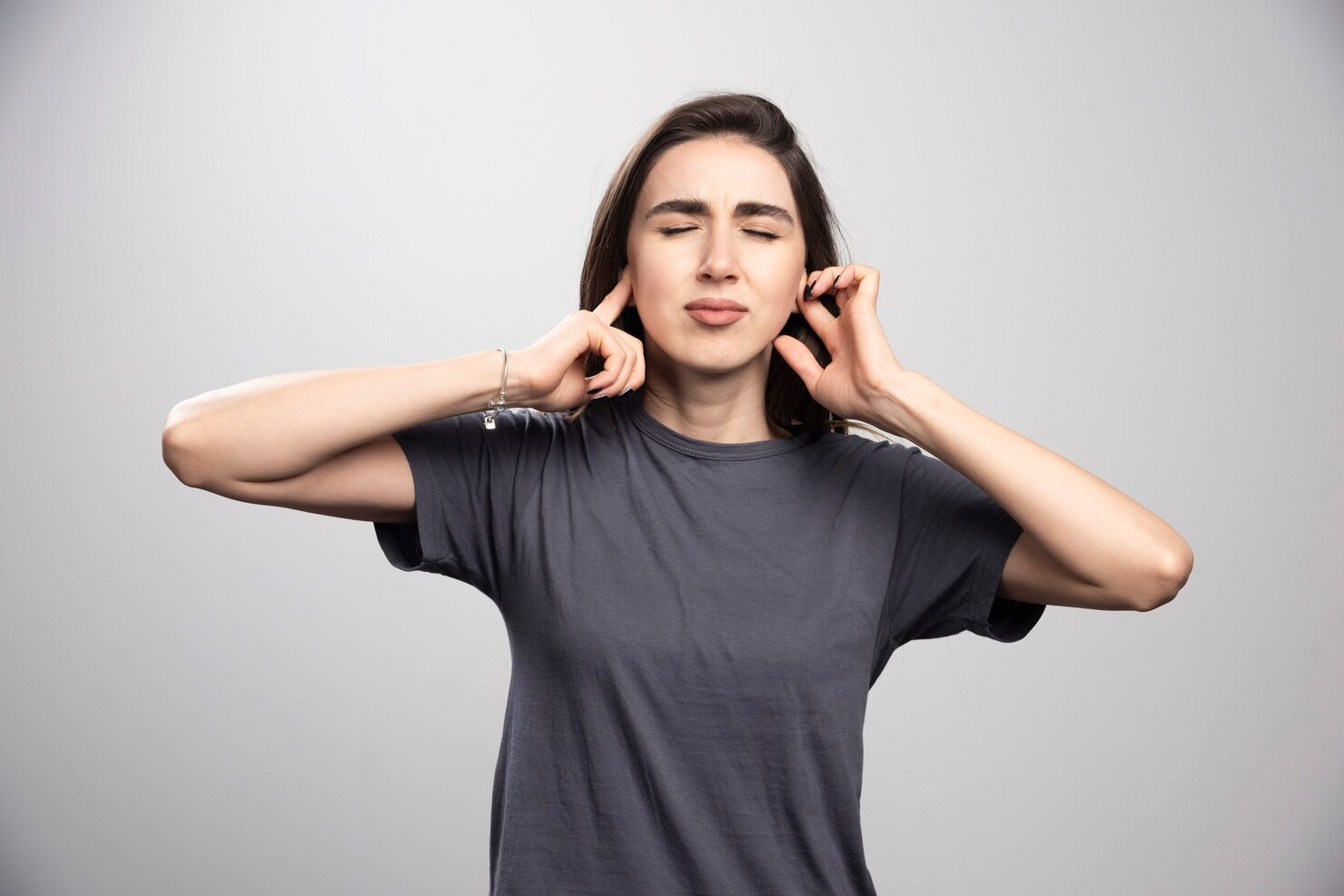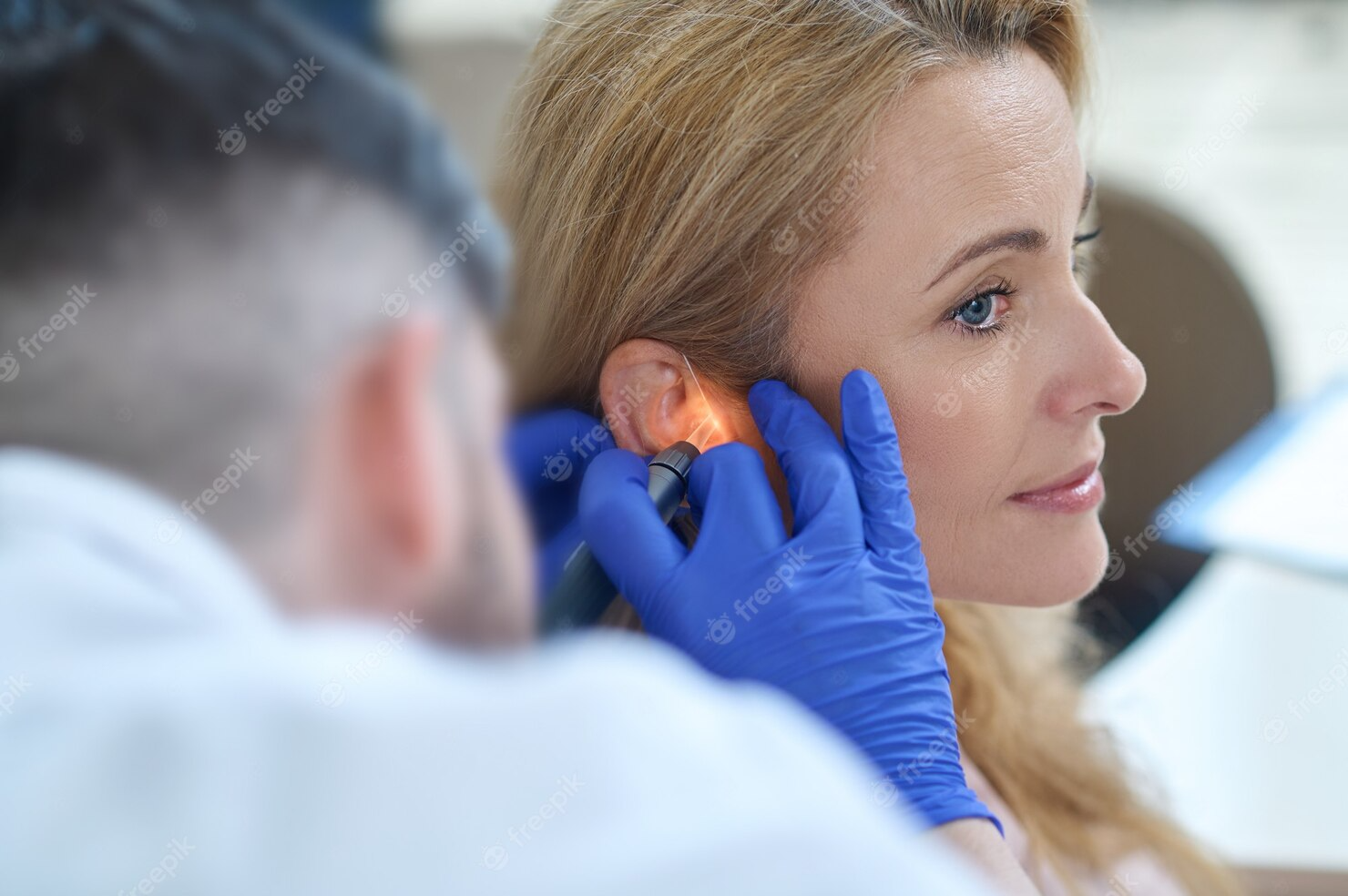A Complete Look at the Veterans Affairs and Hearing Aids
Hearing loss is common among soldiers because they were often in loud places while they were in service. Veterans have special hearing needs, so the U.S. Department of Veterans Affairs (VA) helps veterans who are qualified get hearing aids. This piece aims to give a detailed look at the hearing aids used by the VA to show how much they care about the health and wellness of veterans.
How VA Hearing Aid Services Work
Veterans can get a full range of audiological services from the VA, such as hearing tests, hearing aid fits, and follow-up care. These services are meant to help soldiers deal with and lessen the effects of hearing loss, which will improve their quality of life.
To be eligible for VA hearing aid services, a soldier must meet certain requirements, such as having a disability related to their service, being a former Prisoner of War (POW), or getting a Purple Heart. Veterans should call their local VA office or look at the VA's official website for a full list of requirements to be eligible.
Hearing aids for sale at the VA
The VA has a wide range of high-tech hearing aids from the best companies in the business. As of the end of my training in September 2021, they sell hearing aids from top companies like Phonak, Oticon, ReSound, Starkey, and Widex. But it's important to check with your local VA about the current names and models, since the choices can change over time.
Phonak is a well-known brand in the hearing aid business, and its products are known for their high quality and advanced technology. Phonak hearing aids have great sound quality and new features, like being able to be charged and connecting to Bluetooth, that make hearing better than ever.
Oticon
Oticon makes hearing aids that focus on speech clarity so that people can have good talks. Their gadgets also have sound processing that is easier on the brain and more like how our brains naturally process sounds. This makes hearing more natural.
ReSound's hearing aids have some of the most advanced features on the market, such as direct streaming from smartphones and customizable sound settings. With an app that is easy to use, hearing aid users can easily change their settings to fit their surroundings and get the best sound quality wherever they are.
Starkey makes many different hearing aids for people with different levels of hearing loss. Many Starkey models have advanced noise-reduction and feedback-cancellation technologies that let users hear clearly in noisy places without the pain of feedback.
Widex Widex hearing aids are well-known for their high-tech sound processing and great sound quality. They have devices for people with mild to severe hearing loss, and their models often have features like tinnitus control and the ability to be charged.
The VA's Plan for Individualized Hearing Care
Veterans with hearing loss get full, individualized care from the VA. This means that the hearing aids the VA provides are not a one-size-fits-all solution. Instead, they are carefully chosen to meet the specific needs of each person. When a soldier gets a hearing aid through the VA, the process includes an audiological evaluation, a personalized hearing aid fitting, and follow-up care to make sure the device is meeting the veteran's needs.
Conclusion
The U.S. Department of soldiers Affairs is committed to giving eligible soldiers good hearing care, which includes giving them hearing aids made by well-known companies. The VA's approach to personalized hearing care makes sure that soldiers get devices that are made for their specific hearing needs. This improves their ability to communicate and their quality of life as a whole.
Even though this article gives an overview of the brands of hearing aids that the VA usually uses, you should call your local VA facility for the most up-to-date information. As hearing aid technology keeps getting better, the VA tries to give soldiers the most up-to-date devices so they can hear as well as possible.
Note: As of September 2021, the information in this article is based on the most current data that was available. Please check with your local VA office or the VA's official website for the most correct and up-to-date information.
Hearing loss is common among soldiers because they were often in loud places while they were in service. Veterans have special hearing needs, so the U.S. Department of Veterans Affairs (VA) helps veterans who are qualified get hearing aids. This piece aims to give a detailed look at the hearing aids used by the VA to show how much they care about the health and wellness of veterans.
How VA Hearing Aid Services Work
Veterans can get a full range of audiological services from the VA, such as hearing tests, hearing aid fits, and follow-up care. These services are meant to help soldiers deal with and lessen the effects of hearing loss, which will improve their quality of life.
To be eligible for VA hearing aid services, a soldier must meet certain requirements, such as having a disability related to their service, being a former Prisoner of War (POW), or getting a Purple Heart. Veterans should call their local VA office or look at the VA's official website for a full list of requirements to be eligible.
Hearing aids for sale at the VA
The VA has a wide range of high-tech hearing aids from the best companies in the business. As of the end of my training in September 2021, they sell hearing aids from top companies like Phonak, Oticon, ReSound, Starkey, and Widex. But it's important to check with your local VA about the current names and models, since the choices can change over time.
Phonak is a well-known brand in the hearing aid business, and its products are known for their high quality and advanced technology. Phonak hearing aids have great sound quality and new features, like being able to be charged and connecting to Bluetooth, that make hearing better than ever.
Oticon
Oticon makes hearing aids that focus on speech clarity so that people can have good talks. Their gadgets also have sound processing that is easier on the brain and more like how our brains naturally process sounds. This makes hearing more natural.
ReSound's hearing aids have some of the most advanced features on the market, such as direct streaming from smartphones and customizable sound settings. With an app that is easy to use, hearing aid users can easily change their settings to fit their surroundings and get the best sound quality wherever they are.
Starkey makes many different hearing aids for people with different levels of hearing loss. Many Starkey models have advanced noise-reduction and feedback-cancellation technologies that let users hear clearly in noisy places without the pain of feedback.
Widex Widex hearing aids are well-known for their high-tech sound processing and great sound quality. They have devices for people with mild to severe hearing loss, and their models often have features like tinnitus control and the ability to be charged.
The VA's Plan for Individualized Hearing Care
Veterans with hearing loss get full, individualized care from the VA. This means that the hearing aids the VA provides are not a one-size-fits-all solution. Instead, they are carefully chosen to meet the specific needs of each person. When a soldier gets a hearing aid through the VA, the process includes an audiological evaluation, a personalized hearing aid fitting, and follow-up care to make sure the device is meeting the veteran's needs.
Conclusion
The U.S. Department of soldiers Affairs is committed to giving eligible soldiers good hearing care, which includes giving them hearing aids made by well-known companies. The VA's approach to personalized hearing care makes sure that soldiers get devices that are made for their specific hearing needs. This improves their ability to communicate and their quality of life as a whole.
Even though this article gives an overview of the brands of hearing aids that the VA usually uses, you should call your local VA facility for the most up-to-date information. As hearing aid technology keeps getting better, the VA tries to give soldiers the most up-to-date devices so they can hear as well as possible.
Note: As of September 2021, the information in this article is based on the most current data that was available. Please check with your local VA office or the VA's official website for the most correct and up-to-date information.


